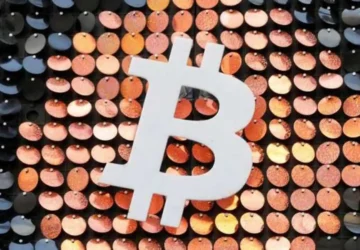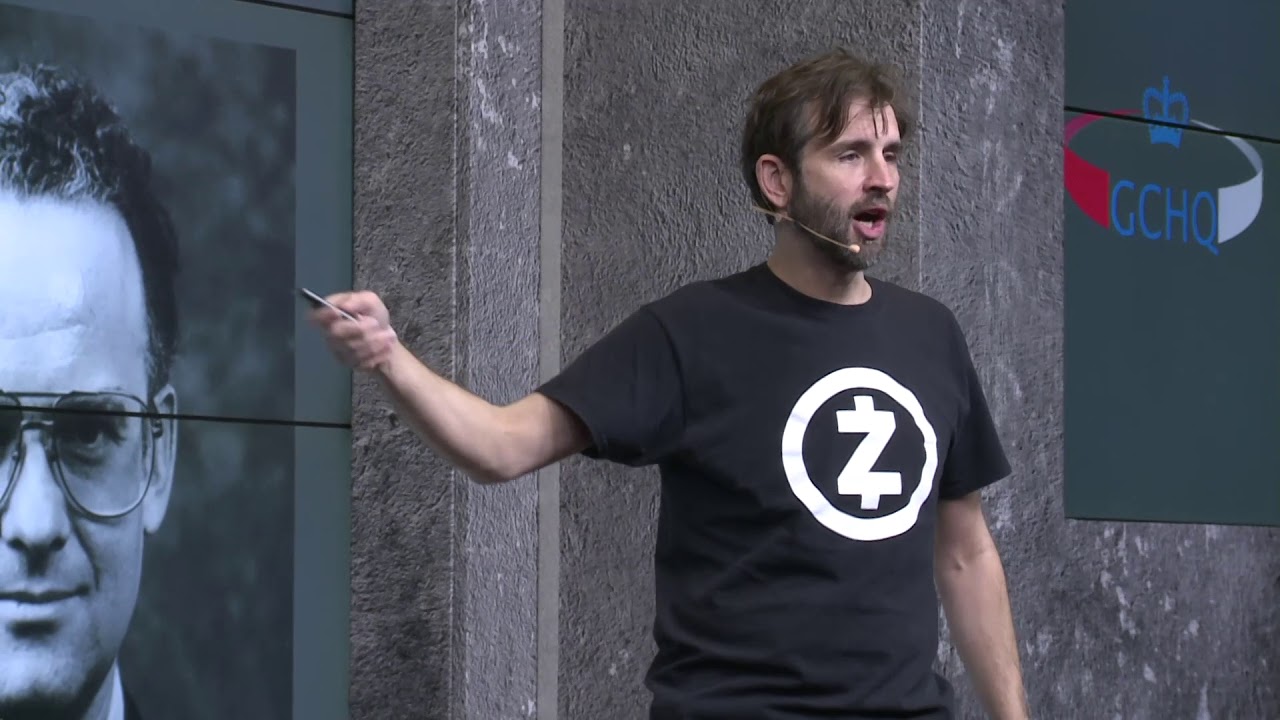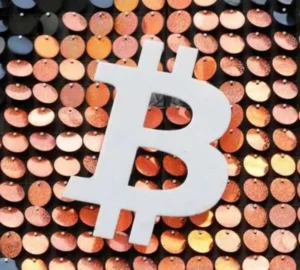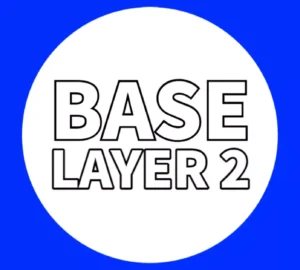Satoshi Nakamoto Collaborator Says His Bitcoin Fork, Zcash, Should Go Proof Of Stake And Wind Down Its Carbon Footprint

Although Zooko Wilcox, founder of Zcash, might not seem like a good source for challenging Bitcoin’s third rail, the controversial and expensive but efficientmethod to process transactions, he is in many ways the ideal candidate to provide an alternative.
He is the best person to know Bitcoin.
Wilcox was an active participant in the Bitcoin message boards and communicated regularly with Satoshi Nakomoto, the pseudonymous founder. He actually wrote the first bitcoin blog post, which Satoshi linked on the original Bitcoin.org website. This is crypto’s ultimate stamp of approval.
Forbes interviewedWilcox and made clear that Bitcoin is still far from being a fully-formed project.
First, the pseudonymous nature blockchain, which criminals and hackers are slowly discovering is not as private as they thought, was not the ideal end state. Wilcox explains that ‘the fact is, like to basically 100% of all early bitcoiners including Satoshi, Hal (Finey), Nick (Szabo), Adam (Back), and everybody…Privacy was like a main value proposition.
It was evident, if nothing else, that it deserved central billing along with independence from central bank, the more common narrative about Bitcoin’s origin story.
In 2010, zk-snarks was proposed as a solution. The zk-snarks protocol can be used to conceal not only the identity of the sender or receiver but also the transaction amounts. Absolute privacy.
Satoshi had originally hoped to incorporate zk-snarks in the bitcoin network when he was actively developing it. The technology was not yet advanced enough to allow Bitcoin to be installed without slowing it down (it is already slow by crypto standards) and without weighing it down with too many data.
Wilcox was part a 2012 team of scientists who presented a proposal for zk-snarks to be integrated on top of Bitcoin. However, the core developers informed them that this technology needed to be proved on another blockchain before they would consider serious consideration.
Wilcox did exactly that – and Zcash was born a few years later.
In his writings, it is clear that Satoshi knew bitcoin would have a large carbon footprint if it was successful. My colleague Chris Helman also pointed this out in Forbes in a Forbes article. ‘It’s exactly the same situation that gold and gold mining. The marginal cost of mining gold tends to be close to the price of gold. Although gold mining is wasteful, it is still far more efficient than having gold as an exchange medium. Bitcoin will likely be in the same boat. I believe that the utility of bitcoin-based exchanges will outweigh the electricity costs.
Wilcox is urging Zcash to help crypto move forward starting today. He is calling for Zcash’s departure from the energy-intensive “proof-of-work” consensus mechanism like Bitcoin in a blog post exclusively shared with Forbes. Instead, he advocates for a more environmentally-friendly “proof-of-stake” approach.
These changes could have huge implications. Zcash, a cousin to Bitcoin, is actually based upon Bitcoin’s code. If it succeeds, it could also open the doors for Bitcoin to eschew mining.
What is proof-of-stake? Nodes on the network do not operate millions of dollars of energy-consuming computing hardware to solve complex math problems. Instead, they post their holdings as collateral and are at risk of losing them if they behave dishonorably. Proof-of stake is faster, lighter, and, in Wilcox’s words, more secure than proof of work.
“I believe proof-of-work is vulnerable to security flaws as demonstrated by 51% attacks. This attack occurred when a miner has control over the majority of the network’s computing power and can steal tokens. Proof-of-stake is a better and more cost-effective way to provide security.
He pointed out that users with proof-of-work networks have very limited recourse in the event of an attack. On a proof-of–stake network, bad actors can be identified so that tokens can be revoked and the network can continue operating as normal. In fact, this is similar to an argument offered by Ethereum creator Vitalik Buterin, which is also going through an arduous transition from proof-of-work to proof-of-stake, to justify the switch.
Wilcox answers questions about why he supports the transition now. He cites a few reasons, including the fact that proof-of-stake has been proven and is no longer experimental. He cites the success of networks like Algorand and Cardano, Cosmos and Tezos as evidence.
However, his belief that proof of stake is the best all-around solution moving forward seems to outweigh environmental concerns. He recognizes that people are becoming more concerned about crypto’s carbon footprint, right or wrong. He sees it as a win-win situation for everyone to switch to proof-of-stake.
Zcash, which is based upon Bitcoin, shares many of its characteristics, including its hard limit at 21 million units. However, adoption and scale perspectives are different between the two networks. ZEC, Zcash’s native currency token, is currently priced at $111.55. Bitcoin is almost 350x larger at $38,709. Zcash processes approximately 4,000 transactions per day while bitcoin processes about 250,000 transactions daily. Additionally, the bitcoin network’s hashrate of 102,631,000,000,000,000,000 hashes per second is orders of magnitude bigger than Zcash’s 4,992,000,000.
Despite this, Zcash has more than tripled Bitcoin’s returns for investors in the past year.
Even if Zcash succeeds in its transition, it does not necessarily mean that bitcoin will follow the same path. Due to its security focus and the need for proof-of-work, bitcoin’s community is resistant to major changes. This is understandable.
One final reason things are moving forward is that, as Wilcox explains, we are at an inflection point in privacy protection. ‘We both simultaneously see mega corporations and governments seizing greater control over everyone in both the east and west… And we simultaneously see people around the world becoming more conscious and valuing privacy, autonomy, and their human relationships more.
He believes the stakes are rising when it comes central bank digital currencies, or CBDCs. This is also because of concerns about surveillance capitalism. Wilcox said that he would be open to collaboration with other banks around the globe if they were interested in integrating Zcash or zk-snarks. He stated, “We certainly could help them to come up with better or variants, zero proof that would serve our purposes. We would only do it if they would feed into ZEC. ZEC is the engine behind our mission. Our mission is to empower everyone and make the world free.
No related posts.










